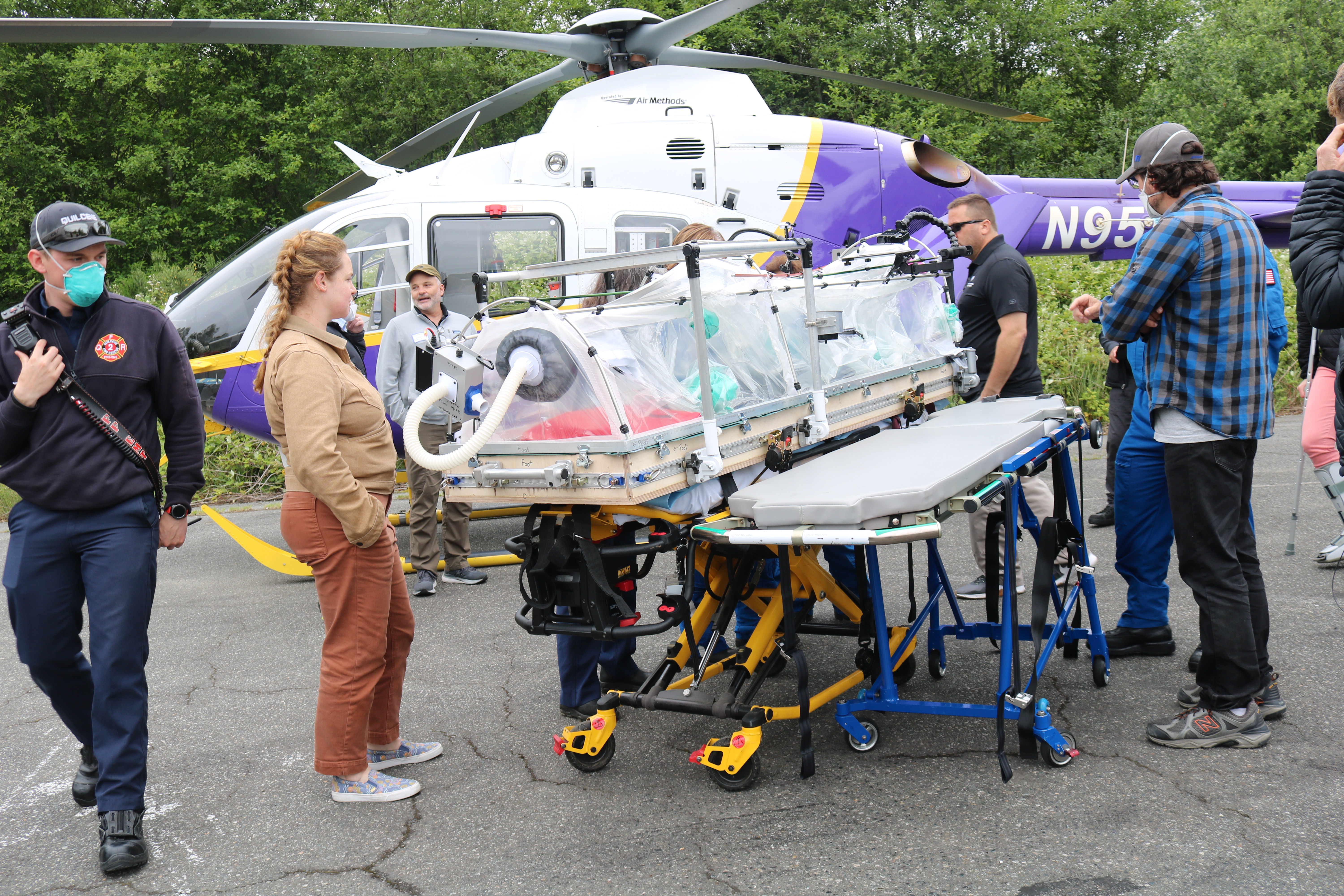
Programs
We leverage our expertise to combat highly hazardous communicable diseases and build networks that strengthen preparedness and response to high-consequence infections.
Our work spans a clinical trials network, rapid information sharing during global pandemics, and advancing treatment and survival outcomes for sepsis in Africa and Asia. From on-the-ground training to cutting-edge research collaborations, the Global Center for Health Security drives progress that saves lives today and safeguards future generations.

Our programs bring together academic health centers, federal agencies, global partners, and collaborators across grants and networks. We also lead and fund internal initiatives powered by GCHS leadership, scholars, and affiliates. Explore the tabs below to learn more about our capabilities, programs, and partnerships.